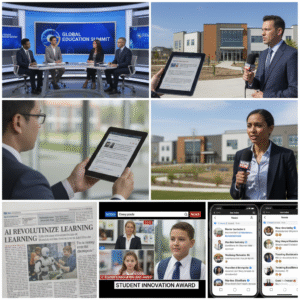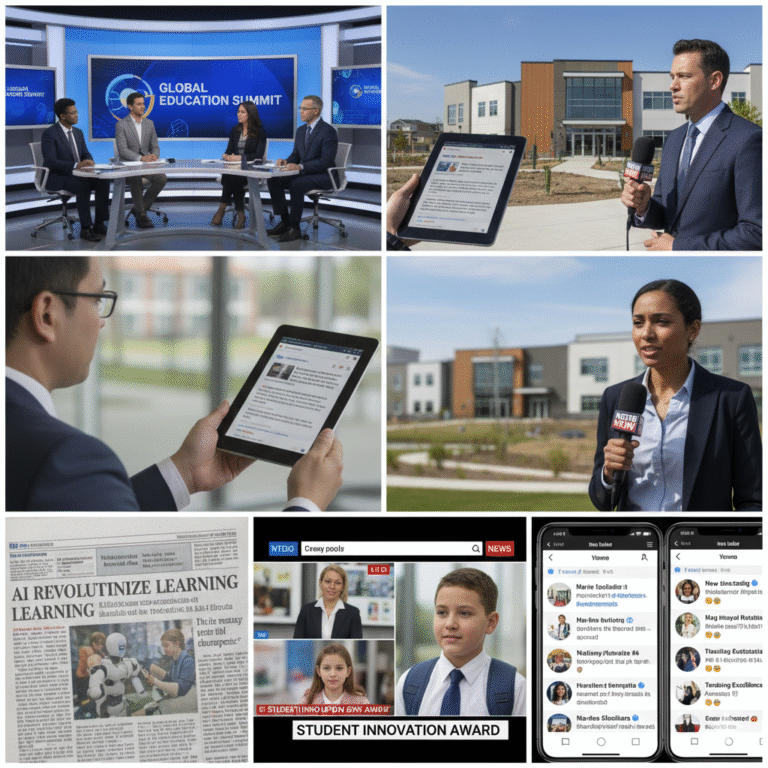
Introduction of Skill or Degree
Skill or Degree which has more weight? The debate between the importance of skills and degrees has become increasingly relevant in today’s fast-paced world. The traditional path to a formal degree has long been considered the gateway to success, but the paradigm is changing. As industries change and technology reshapes the employment landscape, the emphasis on skills is gaining momentum. This article aims to explore the dynamics between skills and degrees, highlighting which are more heavily weighted in today’s world. Skill or degree
Work Evolution
Historically, a college degree was a reliable ticket to a prosperous career. However, there has been a profound change in work. The digital age has ushered in an era where the demand for specific skills often outstrips the supply of qualified professionals. Traditional roles are being redefined, and new professions are emerging, requiring an agile and capable workforce.
Matter of Degrees:

A degree is traditionally regarded as proof of one’s commitment, discipline, and learning ability. It serves as a sign of a good education and is often a prerequisite for entry into certain professions. In medicine, law, and academia, degrees are non-negotiable, representing an underlying knowledge base and commitment to disciplinary principles. The Skills Revolution: While degrees hold their ground, the skills revolution challenges the conventional wisdom surrounding formal education. The rapid pace of technological advancement has led to a skills gap, where employers need help finding candidates with the specific abilities needed for modern roles. This has given rise to a growing emphasis on skills-based hiring.
Role of Technology:
Technology has played a major role in reshaping the importance of skills in the workforce. Online learning platforms, coding boot camps, and other alternative education models have democratized access to skill development. This shift has enabled individuals to acquire targeted skills faster, sometimes bypassing the traditionally lengthy process of obtaining a degree. Furthermore, technology has facilitated remote work and the gig economy, where freelancers and independent contractors thrive. Employers are increasingly focused on what individuals can deliver in this environment rather than their academic qualifications. The ability to showcase a portfolio of work and demonstrate tangible skills has become a powerful currency in the digital age.
Importance of Soft Skills:

In the Skill or Degree debate, the importance of soft skills must be considered. While degrees can provide a foundation of technical knowledge, soft skills such as communication, problem-solving, collaboration, and adaptability are just as important. Employers recognize that a candidate’s ability to navigate complex interpersonal dynamics is often as important as their technical ability.
Soft skills are more easily quantifiable than degrees or technical skills, making them difficult to assess traditionally. However, their impact on workplace success is undeniable, and employers are placing greater emphasis on evaluating candidates based on their ability to work well with others and contribute positively to organizational culture.
Navigating the Hybrid Model:
The Skill or Degree debate is not a binary choice but a spectrum. The ideal candidate often has a combination of both formal education and practical skills. This hybrid model recognizes the importance of a good education while recognizing the need for individuals to be agile and consistently skilled throughout their careers. Some industries still strongly prefer degrees, while others are more accepting of skills-based qualifications. Balancing the two can be a strategic approach, allowing individuals to leverage the strengths of both formal education and practical experience.
The Changing Face of Higher Education
As the demand for specific skills increases, higher education institutions adapt to provide more flexible and specialized programs. Online courses, micro-credentials, and industry-specific certifications are becoming increasingly popular, allowing individuals to acquire targeted skills without committing to a full degree program. Additionally, some forward-thinking universities incorporate practical experiences into their curriculum, blurring the lines between academic learning and real-world application. This approach aims to produce graduates who are familiar with theory and adept at applying their skills in practical settings.

Role of Employers
Employers play an important role in shaping the Skill or Degree landscape. Forward-thinking companies are reevaluating their hiring criteria, placing greater emphasis on skills assessments, portfolio reviews, and practical demonstrations during the hiring process. This change reflects the understanding that a degree alone does not guarantee job readiness or success in a rapidly evolving workplace. Additionally, some companies are investing in employee training and development programs to fill skills gaps internally. By prioritizing continuous learning and up skilling, these organizations recognize that nurturing existing talent can be more cost-effective and profitable than continually searching for external candidates with specific competencies.
Closing Sentence
Finally, the debate between skills or degrees is extremely important and context-dependent. While degrees carry weight in certain professions and industries, the skills revolution is reshaping the employment landscape. The evolving nature of work and technological advances has increased the importance of practical, work-related skills. Those navigating the modern workforce must adopt strategies recognizing the value of formal education and skill development. The hybrid model incorporates the best of both worlds, enabling individuals to adapt, continuously learn, and thrive in a dynamic and competitive job market.
Ultimately, the key to success lies in adopting a lifelong learning mindset, where individuals are proactive in acquiring new skills, keeping up with industry trends, and adapting to the evolving demands of the workforce. Whether through degrees, certifications, or experience, the ability to demonstrate relevant skills will undoubtedly continue to play an important role in building a successful career in the 21st century.








